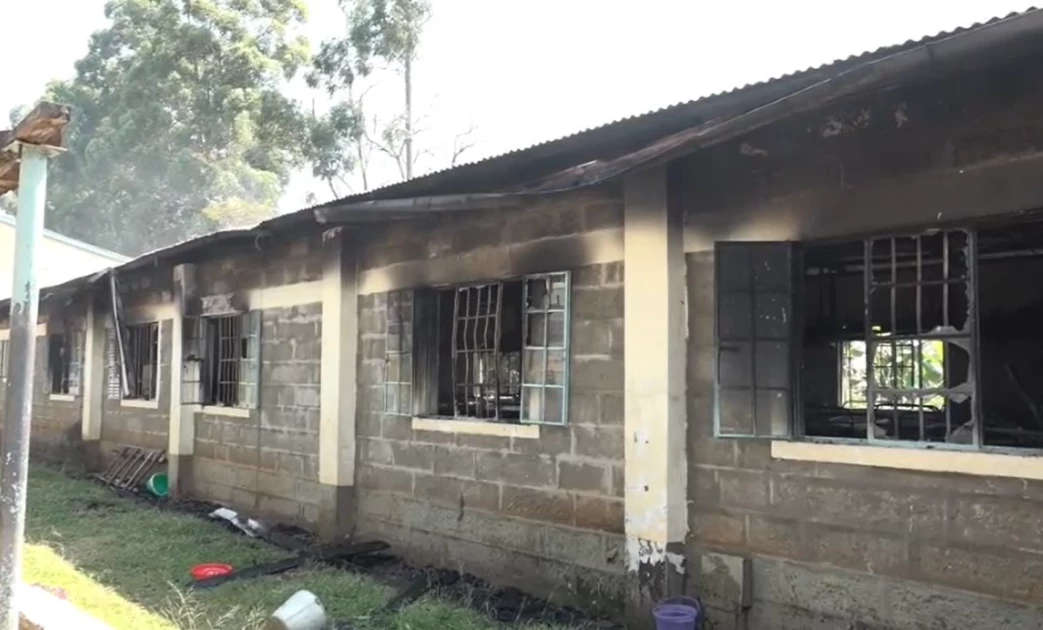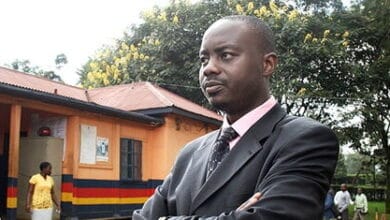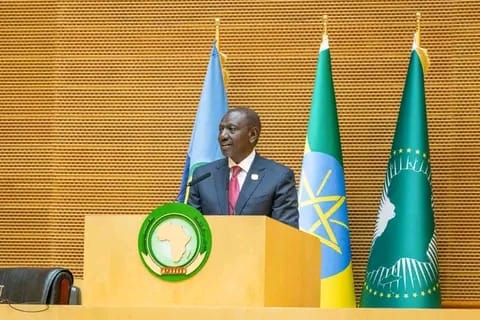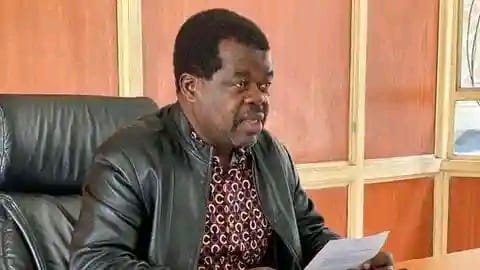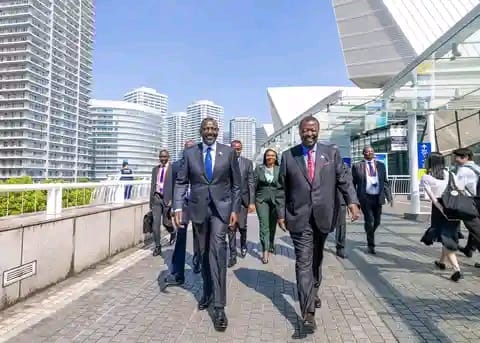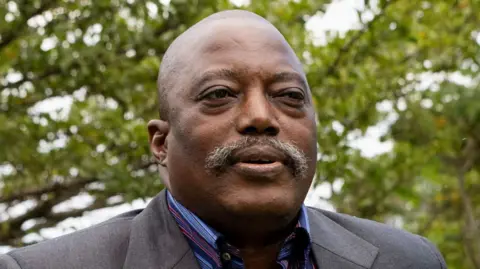
In a landmark ruling that has shaken the Democratic Republic of Congo, a court has sentenced former President Joseph Kabila to death in absentia for high treason, war crimes, and crimes against humanity. The verdict, delivered on Friday, caps a dramatic fall from grace for the man who led the nation for nearly two decades.
The charges stem from accusations that Kabila has been a key patron of the M23 rebel group, which has unleashed a wave of devastation across the conflict-ridden eastern provinces of the DR Congo. The court found him guilty of a litany of offenses, including murder, sexual assault, torture, and insurrection.
Kabila, 54, who succeeded his assassinated father, Laurent, in 2001, rejected the trial as “arbitrary,” claiming the judiciary is being wielded as an “instrument of oppression.” His current location is unknown.
A Political Rivalry Turns Deadly
Kabila ceded power to current President Félix Tshisekedi after elections in 2019, an event hailed as the country’s first peaceful transfer of power. However, the political alliance between the two men soured, leading Kabila to enter a self-imposed exile in 2023.
The situation escalated earlier this year when the M23, a powerful rebel faction, seized control of vast swathes of the mineral-rich east, including the key cities of Goma and Bukavu, along with two airports. In a bold move this past April, Kabila traveled to the M23-held city of Goma, stating his intention to help broker a peace solution.
President Tshisekedi’s government interpreted this move very differently, publicly naming Kabila as the “brains behind” the M23 rebellion. Senators subsequently stripped the former president of his legal immunity, paving the way for the prosecution that has now concluded with a death sentence.
The Regional Dimension: Rwanda’s Alleged Role
The case against Kabila is interwoven with serious international allegations. The United Nations and several Western nations have repeatedly accused neighboring Rwanda of backing the M23, pointing to what they call “overwhelming evidence” that Kigali has sent thousands of its own soldiers into Congolese territory.
Rwanda has consistently denied these charges, maintaining that its actions are solely aimed at preventing the conflict from spilling over its borders. A ceasefire agreement between the Congolese government and the M23 rebels was brokered in July, but it has failed to halt the persistent bloodshed, underscoring the complexity and intractability of the conflict.
The death sentence for a former head of state marks an unprecedented moment in modern Congolese history. It highlights the deep political fractures within the country and the enduring crisis in its east, a region rich in the precious minerals that power the global electronics industry, yet plagued by violence that has cost millions of lives over decades.
